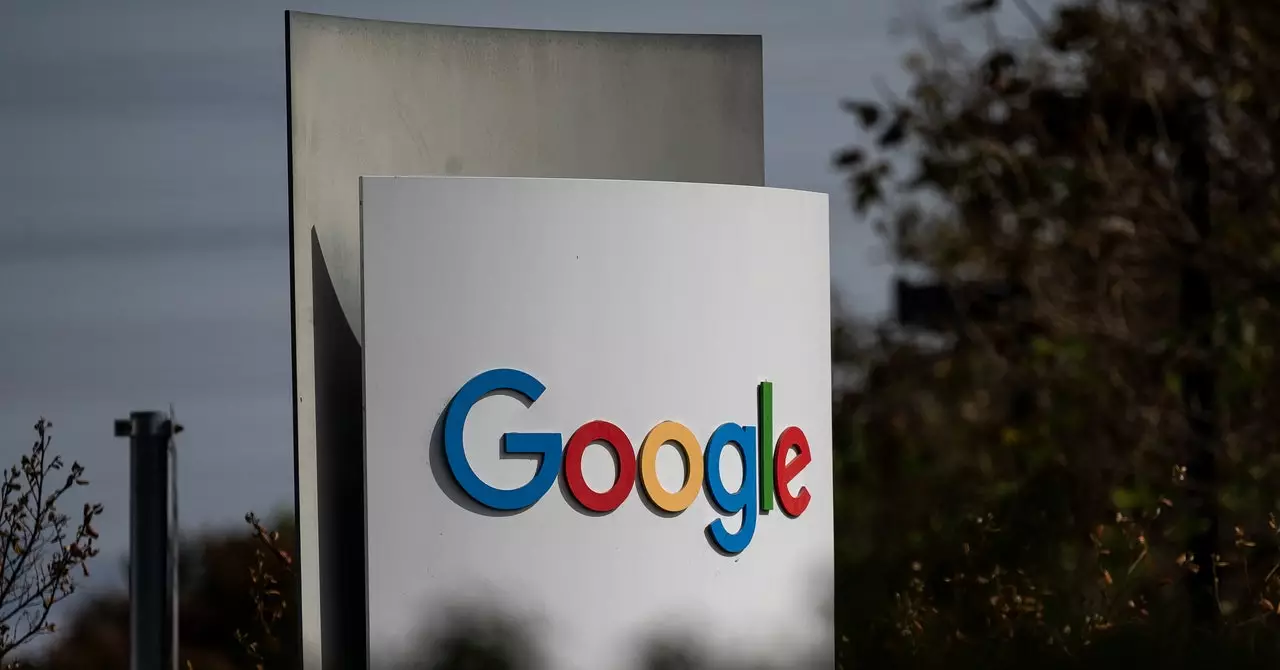As artificial intelligence continues to shape our digital experiences, Google finds itself at a pivotal crossroads, particularly with the introduction of its generative AI chatbot, Gemini Assistant. Historically, Google has leveraged partnerships with device manufacturers, browser developers, and wireless carriers to entrench its search engine dominance in the U.S. However, recent legal developments and proposed restrictions threaten this established model. The backdrop of this transition is essential for understanding the implications for Google, its competitors, and the AI landscape as a whole.
On the legal front, Google faces significant scrutiny from the U.S. Justice Department, which has recently called for more substantial divestiture and transparency measures in the wake of an antitrust ruling. Following a determination that Google had violated federal laws by manipulating agreements to become the default search provider on multiple platforms, the government has pushed for remedies that could dismantle key elements of Google’s operational framework. The proposed restrictions from Google effectively represent a defensive maneuver; instead of embracing more extensive measures suggested by regulators, the company is attempting to minimize the impact of these legal challenges while maintaining its competitive edge.
This pushback is measured and strategic. By offering to relax its demands on partners regarding the promotion of Gemini, Google aims to retain critical alliances without surrendering its overall market position. The balancing act between compliance and competition highlights a critical moment in which tech giants must navigate complex regulatory waters while fostering innovation.
Central to the ongoing debate is the concept of “default” settings on devices and browsers. The Justice Department argues that users tend to stick with default configurations, inadvertently boosting Google’s market share. This reality presents a challenge for Google as it seeks to introduce Gemini while adhering to new operational constraints. In proposing to allow more flexibility for partners in selecting default search options, Google acknowledges its reliance on habitual user behavior yet attempts to circumvent further regulatory encroachment.
Despite the legal maelstrom, Google’s commitment to AI demonstrates its intent to innovate and adapt. The company aims to develop a user-friendly experience with Gemini akin to its long-established search dominance. However, the question lingers: can AI systems gain traction without the backing of influential distribution partners? The traditional methods of securing defaults are not easily transferable to the evolving realm of generative AI, where user engagement may hinge more directly on the quality and relevance of interactions than on preset defaults.
In light of these developments, investor sentiment towards Google and its parent company, Alphabet, remains strong. With a notable increase in stock value—over 37% in 2024—the market appears enthusiastic about Google’s resilience amid regulatory obstacles. However, this optimism may be precariously placed if the anticipated penalties from the upcoming hearings disrupt Google’s operational capabilities.
In the midst of the anticipated long legal battles, Google has positioned its narrative around user experience as the cornerstone of its search supremacy. This narrative will likely be tested against the efficacy of Gemini and other emerging competitors. If Google can effectively showcase the unique advantages of its AI technologies, it may mitigate some of the disadvantageous repercussions of losing default status with various partners.
As the dynamics of search and AI continue to intertwine, the prospect of competing against established players like OpenAI looms large. The potential for Google to capitalize on emerging AI technologies while navigating regulatory challenges presents both risk and opportunity. With its recent concessions to regulatory demands, Google seems to recognize that an overreliance on traditional methods may not suffice in capturing the burgeoning AI landscape.
As Google seeks to cement Gemini Assistant’s position against competitors, it must remain aware of the regulatory environment shaping its operational landscape. The journey ahead is fraught with challenges, but also invites the potential for groundbreaking innovation. Ensuring success will require Google to maintain flexibility, enhance user engagement with AI, and ultimately redefine its approach in a rapidly evolving digital ecosystem.

